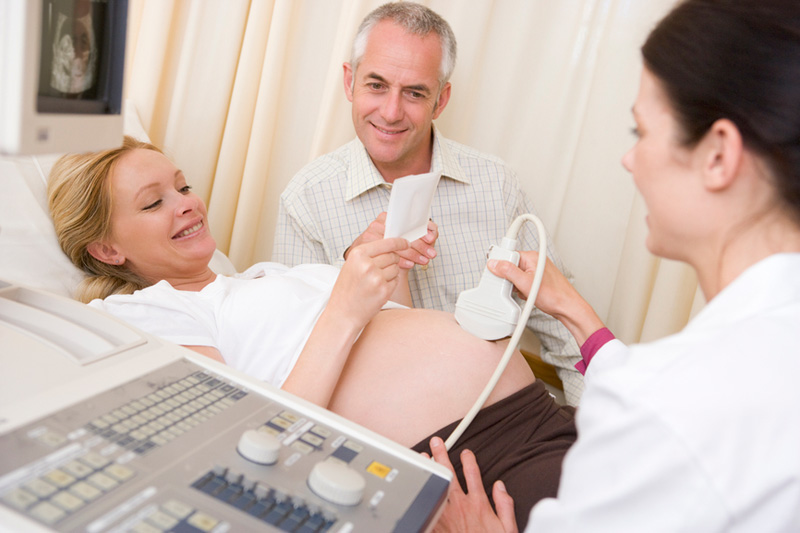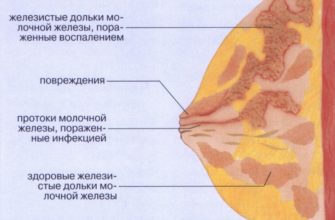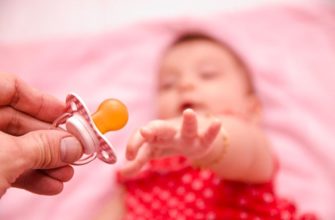Modern women are increasingly delaying pregnancy “for later”. They want, like men, to first build a career, achieve financial stability, and develop intellectually and socially. What can be a pregnancy in adulthood?
According to statistics, every year the number of women who become mothers after 30 years old is growing rapidly. From the perspective of modern medicine, the optimal age for the birth of a child is still a period of 20 to 30 years. This statement has a logical rationale: in youth, the female body is stronger, stronger and more resilient.
After the age of 30, it is more difficult for most women to get pregnant, and in some cases they even have to resort to artificial insemination. The fact is that the number of eggs decreases over the years: out of the initial 2 million, only 35,000 remain. Of course, this significantly reduces the chance of becoming a mother in a natural way. Preserving late pregnancy is also not easy, since the uterus of a mature woman is already less elastic, which makes the egg more difficult to attach to its mucosa. This creates the risk of miscarriage or the development of chromosomal abnormalities in the child. Another danger of late pregnancy is a high probability of cesarean section.
By the age of 30, many bad habits and illnesses become chronic, which also does not help to get pregnant and normally bear a child. Future mothers most often have problems with the kidneys and lungs, the endocrine system, the heart and blood vessels. These diseases are aggravated by a hormonal surge and a sharply increasing load on the whole body. At risk is not only the health of the woman and her unborn child, but also the process of bearing it.
In addition, Down syndrome is detected in 1 out of 700 children at birth. The older the mother, the higher the risk.
In late pregnancy early toxicosis appears in the first trimester. Although it is more difficult, it is not critical. But in adulthood, pregnant women face diabetes (gestational) diabetes, gestosis, placenta pathologies - such serious pathologies greatly obscure a happy pregnancy. Each of these ailments poses a risk of miscarriage during late pregnancy. The greatest danger to the unborn child is represented by genetic abnormalities, oxygen starvation and the possibility of a delay in development.
Risks of late pregnancy
[sc name = ”ads”]
- Spontaneous abortion (miscarriage) is caused by age-related changes in the female body. Eggs also age, resulting in the conception of a fetus with genetic disorders that are incompatible with life. If in women at 30 years old spontaneous abortions occur in 10% of cases, then during pregnancy at the age of 39 years this risk is already 17%, and after 45 years - 33%;
- Pathology of the placenta - its chronic failure, detachment, premature aging, presentation. Such violations threaten premature birth, hypoxia (lack of oxygen) in childbirth and insufficient birth weight;
- The exacerbation of chronic diseases during pregnancy in adulthood requires more careful monitoring by specialists of a narrow profile. So, if the future mother has hypertension, this can lead to gestosis and preeclampsia in the fetus, and sometimes even serious malfunctions of the central nervous system;
- Possible chromosomal abnormalities in the fetus are caused by age-related aging of germ cells, prolonged exposure to toxic substances and pathogenic factors, as well as a number of unknown reasons;
- An increase in blood sugar and the appearance of diabetes in pregnant women after 40 years is three times more common than in 30-year-olds;
- With IVF, a multiple pregnancy often occurs. In addition, the age of 35-39 years is considered the most prosperous for conception of twins. It is in principle more difficult to endure a multiple pregnancy, and chronic diseases and general aging of the body increase the risk of premature birth;
- Caesarean section for late-born women is carried out more often. This is due to a decrease in tissue elasticity and some other age-related factors. According to statistics, 40% of women who become mothers for the first time at 35-40 years of age undergo a cesarean section, and after 40 years the probability of this procedure is already 47%.
We also read:
Dr. Myasnikov about late pregnancy









